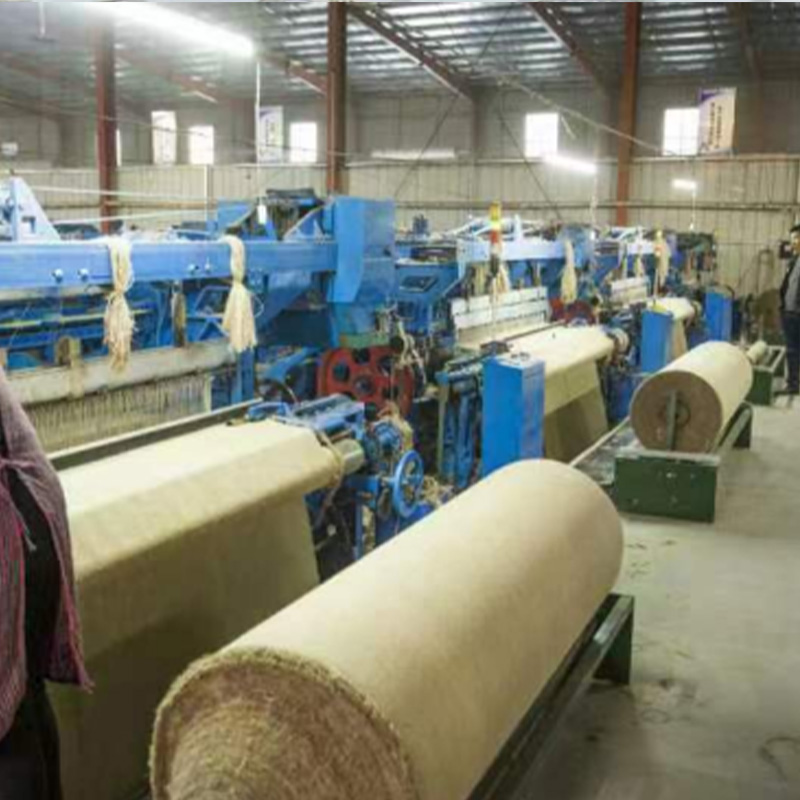Introduction to Jute: The Golden Fiber
Jute, often referred to as the golden fiber, is a natural fiber that has gained significant attention as an eco-friendly alternative to synthetic materials like plastic. Known for its durability and biodegradability, jute is the second most produced natural fiber globally after cotton. Its unique properties make it an ideal choice for a wide range of applications, from agricultural packaging to fashion accessories. The fiber is derived from the stems of plants such as Corchorus capsularis and Corchorus olitorius, which are processed to extract long, soft, and shiny fibers. These fibers are then spun into strong, coarse threads that form the basis of jute products, including sacks, curtains, and rustic-looking jute bags.
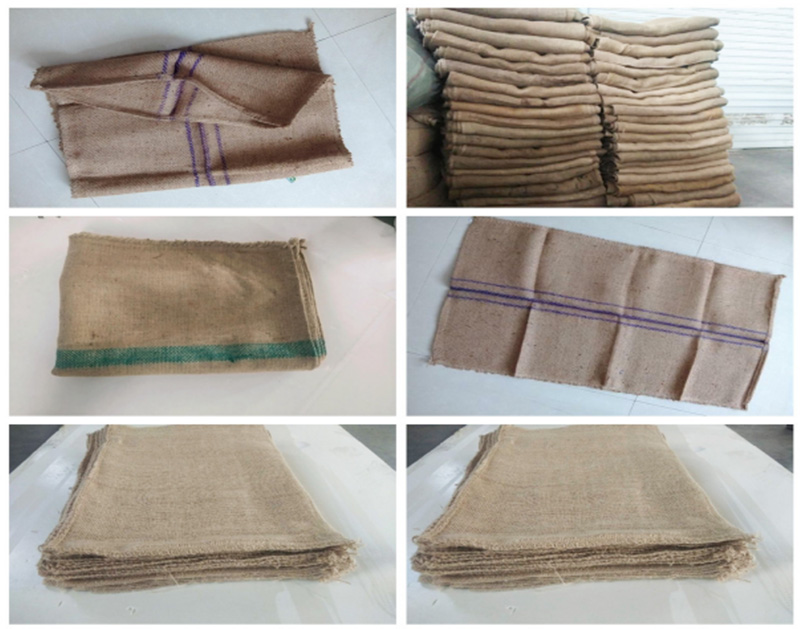
Types of Jute Bags and Their Specifications
Jute bags come in various sizes and configurations to suit different needs. Below is a detailed overview of the available options:
| Size (cm) | Weight (g) | Description |
|---|---|---|
| 75 x 110 | ~1000 | New burlap bag with one green strip |
| 74 x 105 | ~600 | New burlap bag with one green strip |
| 74 x 105 | ~850 | New burlap bag |
| 60 x 100 | ~480 | New burlap bag |
| 60 x 100 | ~600 | New thick burlap bag |
| 60 x 90 | ~450 | New medium burlap bag |
| 60 x 90 | ~580 | New thick burlap bag |
| 50 x 74 | ~300 | New medium burlap bag |
| 40 x 60 | ~200 | New small burlap bag |
| 74 x 107 | ~850 | 90% new burlap bag (large size) |
| 74 x 107 | ~850 | Large patch burlap bag |
| 74 x 107 | ~850 | Small patch burlap bag |
| 75 x 110 | ~1000 | Green strip old burlap bag |
These dimensions and weights cater to diverse applications, from agricultural use to industrial packaging. For instance, the national standard burlap bag (107 x 74 cm) is commonly used for storing peanuts and beans, while smaller sizes like 40 x 60 cm are ideal for hardware packaging. Customizable sizes are also available to meet specific requirements, ensuring flexibility for both commercial and personal use.
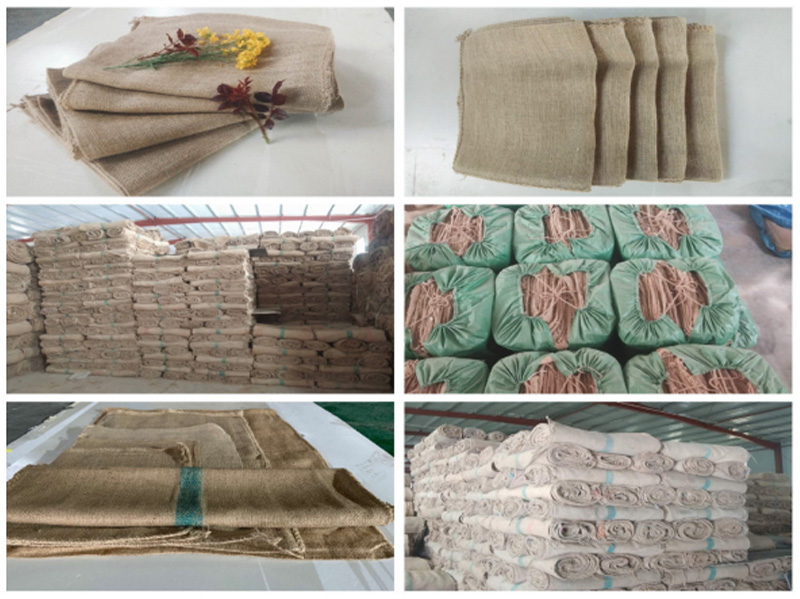
Advantages of Jute Sacks and Burlap Bags
Jute sacks and burlap bags offer numerous benefits that make them a preferred choice over synthetic alternatives. One of the primary advantages is their biodegradability. Unlike plastic, which can take hundreds of years to decompose, jute products break down naturally within a few months, significantly reducing environmental impact. This aligns with global efforts to combat plastic pollution, as highlighted by the National Institute of Standards and Technology (NIST), which emphasizes the importance of sustainable materials in modern manufacturing.
Another key benefit is the durability of jute. The fibers are known for their strength and resistance to tearing, making them suitable for heavy-duty applications. Additionally, jute is breathable, allowing for air circulation that prevents moisture buildup and extends the shelf life of stored goods. This property is particularly valuable in agricultural contexts, where maintaining the quality of crops is essential.
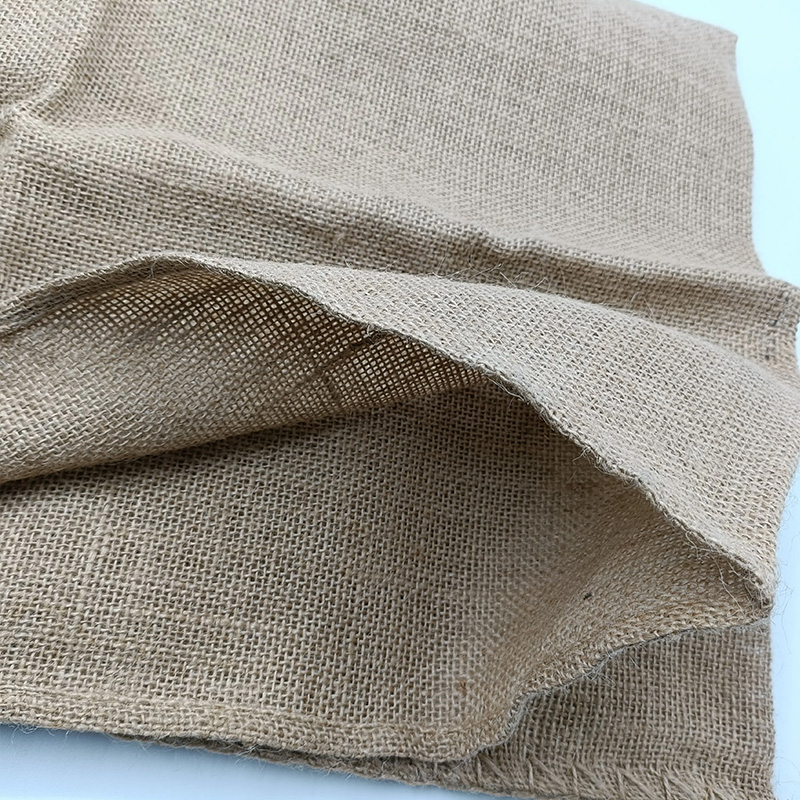
Applications of Jute Sacks and Burlap Bags
Jute sacks and burlap bags are versatile and find applications in various industries. In agriculture, they are commonly used for storing and transporting crops such as rice, wheat, and grains. Their strength and breathability ensure that the produce remains fresh and protected during transit. For example, the large burlap bag (74 x 107 cm) is ideal for flood prevention and control, while smaller sizes like 50 x 70 cm are used for packaging hardware items like screws and nuts.
In the retail sector, jute bags have become popular as eco-friendly alternatives to plastic shopping bags. Their rustic aesthetic and customizable designs make them a favorite among environmentally conscious consumers. Additionally, jute is used in the production of jute gift bags and tote bags, which are both functional and stylish. The jute tote bag bulk is particularly popular for promotional purposes, as it can be imprinted with logos and branding.
Industrial applications include the use of jute sacks for packaging chemicals and fertilizers, where their resistance to moisture and durability are crucial. The jute wine bags are another specialized product, designed to protect wine bottles during transportation. These diverse applications underscore the adaptability of jute as a material.
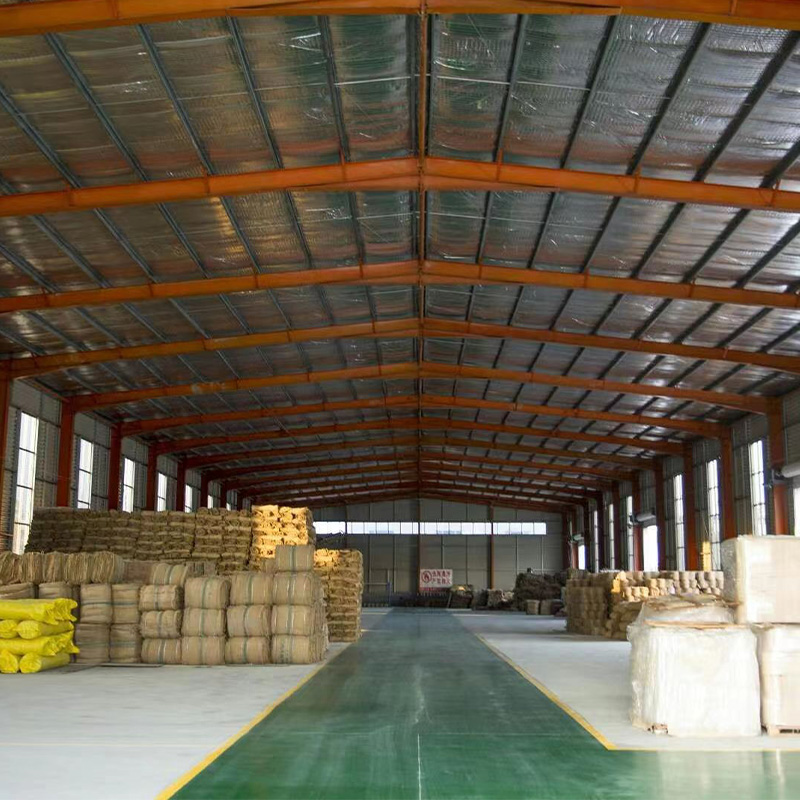
About XINGTAI SHUODING TRADING CO., LTD
XINGTAI SHUODING TRADING CO., LTD, based in Xingtai, China, is a leading manufacturer and supplier of jute sacks and burlap bags. With a commitment to sustainability and quality, the company offers a wide range of jute products tailored to meet the needs of global markets. Their expertise in processing natural fibers ensures that each product is durable, eco-friendly, and suitable for various applications.
The company's product line includes jute bags bulk, jute tote bag bulk, and jute gift bags bulk, catering to both wholesale and retail customers. Their ability to customize sizes and designs further enhances their appeal, allowing clients to create products that align with their specific requirements.
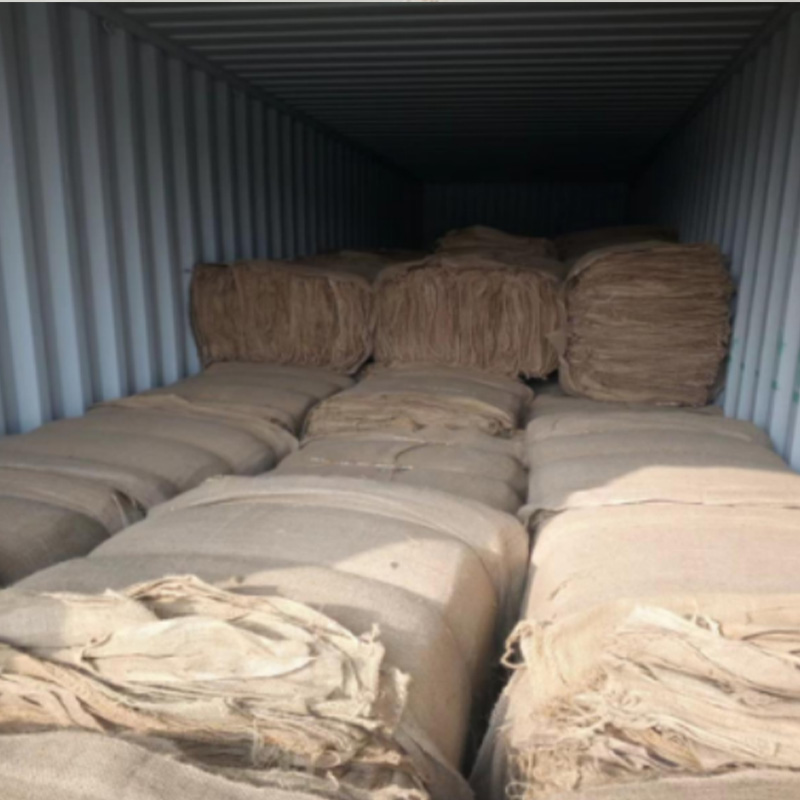
Conclusion
Jute sacks and burlap bags represent a sustainable and versatile solution for modern packaging needs. Their biodegradability, durability, and adaptability make them an excellent alternative to synthetic materials, contributing to environmental conservation. As the demand for eco-friendly products continues to grow, companies like XINGTAI SHUODING TRADING CO., LTD play a vital role in providing high-quality jute products that meet global standards. Whether for agricultural use, retail, or industrial applications, jute remains a valuable resource that aligns with the principles of sustainability and innovation.
